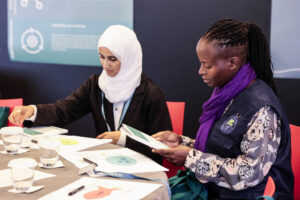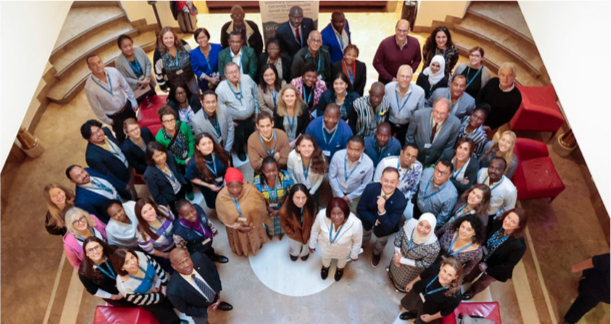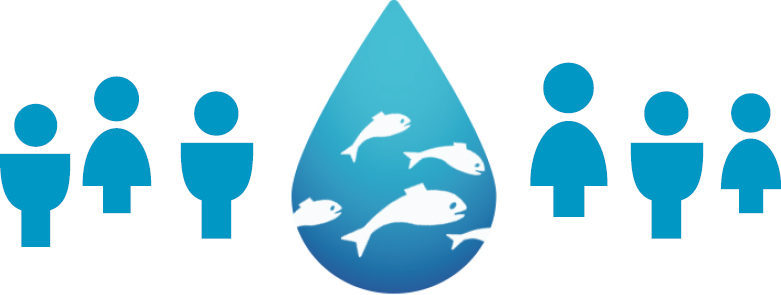Creating an enabling environment for securing sustainable small-scale fisheries
Creating an enabling environment for securing sustainable small-scale fisheries
The Global Action Network was represented at the FAO workshop “Creating an enabling environment for securing sustainable small-scale fisheries (SSF)” in November 2023, together with 70 other participants representing mostly fisherfolk and fish workers. The purpose of attending was to hear perspectives from SSF globally, what issues concern them, and how countries work to implement the Voluntary Guidelines on SSF.

In addition to fisherfolk and fish worker representatives, the government, academia, civil society, and the FAO were represented at the workshop. It is increasingly clear that SSF contributes significantly to sustainable development and food security, however, they are underfunded and under-represented in global forums that relate to the marine sectors. Not enough is being done to address this huge informal sector or highlight its importance to food security. Several important topics were raised and discussed, such as:

- SSF representative organizations often work in isolation and need to build a stronger global platform to encourage a unified voice. Especially with regard to international processes such as following up on the Kunming Montreal Global Biodiversity Framework and its implications for SSF.
- The need to secure preferential access to and co-management of marine and aquatic spaces, due to the critical role SSF plays in feeding local populations.
- The need to protect SSF from potentially expansive ‘Blue Economy’ sub-sectors, such as large-scale coastal tourism.
- It is not only a matter of food security, but food sovereignty. There is insufficient data on the contribution of SSF to national food security and livelihoods. This contribution is likely significant.
- There are critical learnings to be made from the COVID-19 pandemic that you need functioning SSF to secure local food security in times of global crisis. Focusing too much on tourism for the SIDS had severe implications during the COVID-19 pandemic when food was scarce.
- Several representatives brought up the fact that there is still a long way to go to ensure gender equality in SSF, where women face limited access to and control over resources.
- The legal status of SSF, as well as the challenge of the SSF Guidelines being ‘voluntary’ was also discussed. Currently, only Costa Rica has domesticated the guidelines in national legislation. This is also a challenge when developing the corresponding action plans, also being voluntary in nature.
- SSF might be small in scale, but big in numbers of individuals involved. The sector is often informal and lacks organization. This reduces the ability to affect political decisions regarding the sector and to defend the rights of those engaged in the sector.

